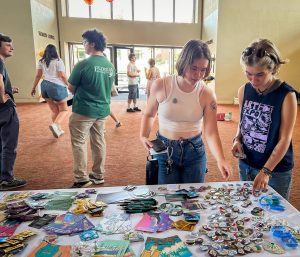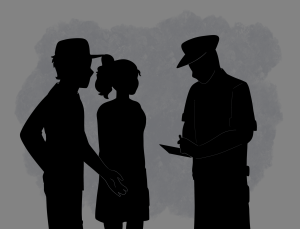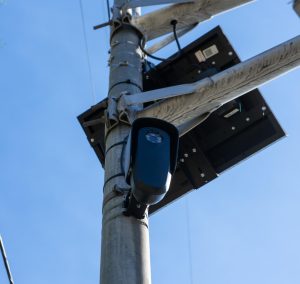Counseling Center reaches students in new ways
February 17, 2022
After last semester’s complaints about the lack of available mental health services at the Counseling Center, several new initiatives, including online counseling and group therapy sessions, have been launched.
First-year Carsten Wallace-Bailey did not make use of the Center’s resources during his first semester because of how much he had heard from his peers about the long waitlists and lack of responsiveness.
“I’ve heard so many people say ‘My email from two months ago never got answered and I kept following up and no one said anything,’” Wallace-Bailey said. “I didn’t want to take that away from anyone, I thought ‘What if someone else needs it more? My problems aren’t big enough.’”
After reflecting on his circumstances, Wallace-Bailey decided to contact the Center and was able to get an appointment with a therapist two weeks after initially reaching out. He was surprised by the Center’s quick response time and felt encouraged by the new availability of resources.
“We pay a lot of money to go to this school and that’s something we’re paying for so it would be nice to have more availability, though that hasn’t really been a concern this semester from what I’ve seen,” Wallace-Bailey said.
Interim Counseling Center Director Deanna Ortiz was asked to step into her new position in January. She explained that last semester’s wait times for counseling were caused by high student demand that could not be met by the number of counselors at the Center.
“The need for counseling services on college campuses has multiplied to such an extreme that many counseling centers are struggling to meet the demand and are having difficulty filling positions,” Ortiz said in an email to The Wire. “It was extremely frustrating for counselors last semester to not be able to help all the students who wanted services and frustrating for our students, as well. We saw double the number of clients seen the previous semester and it still wasn’t enough.”
This semester, there is no waitlist at the Counseling Center. Ortiz added that the Center has hired a new counselor and now offers a variety of new options to fit students’ needs.
“We offer everything from one-time consultations for students who just need to talk with a counselor one to two times, to brief counseling for three to eight sessions, to group counseling, to teletherapy, and we even have apps online that students can use to manage stress or change habits to achieve wellness,” Ortiz said. “The Counseling Center met with community counselors in an effort to ensure that we could refer students to ethical, appropriate counselors and although there is high demand for community counselors as well, we do have a referral list for students.”
On Saturday, Feb. 12 the Counseling Center launched a new telehealth counseling resource. This option will be provided through Uwill, a company that provides counseling services to college students. Ortiz said that Uwill will be able to provide students with greater flexibility for how they seek counseling.
“Every student is eligible for 360 credits of time with a counselor, licensed in Washington. Students can use the credits as they wish in 15, 30, or 60 minute sessions over text, chat, phone, or virtual meetings. The recommendation for long term therapy is 12, 30-minute sessions. Students can choose their counselor by gender, ethnicity, language used and topic area. They can meet in the evening or on weekends and even over breaks.”
Another new option for students is a series of group therapy sessions facilitated by Counselor Nick Duran Fair. Duran Fair has been a mental health Counselor at Whitman since January 2021 and offers two groups this semester in expressive arts therapy and somatic techniques for anxiety and depression.
“By offering groups we can meet the needs of more students,” Duran Fair said in an email to The Wire. “Group therapy offers a safe environment for students to discuss issues with peers who may be able to relate, which can reduce some of the loneliness and disconnection that so many feel these days.”
Duran Fair emphasized the importance of a space for students to be in conversation with one another and feel a sense of camaraderie as they approach their challenges. Alongside a building of community, he noted the value of the techniques the groups use.
“These groups are experiential and not entirely process-based. Meaning people who might be shyer or more reserved will still gain something valuable from the techniques utilized,” Duran Fair said.
Duran Fair reflected on their own experiences with creative mind and body expression as essential components of their own personal and professional life.
“For my groups, I would add that expressive arts and somatics can be pleasurable, fun, increase satisfaction, and reduce stress,” Duran Fair said. “Finding a creative outlet to communicate internal feelings and experiences has been the cornerstone of my healing journey and my work as a counselor.”






